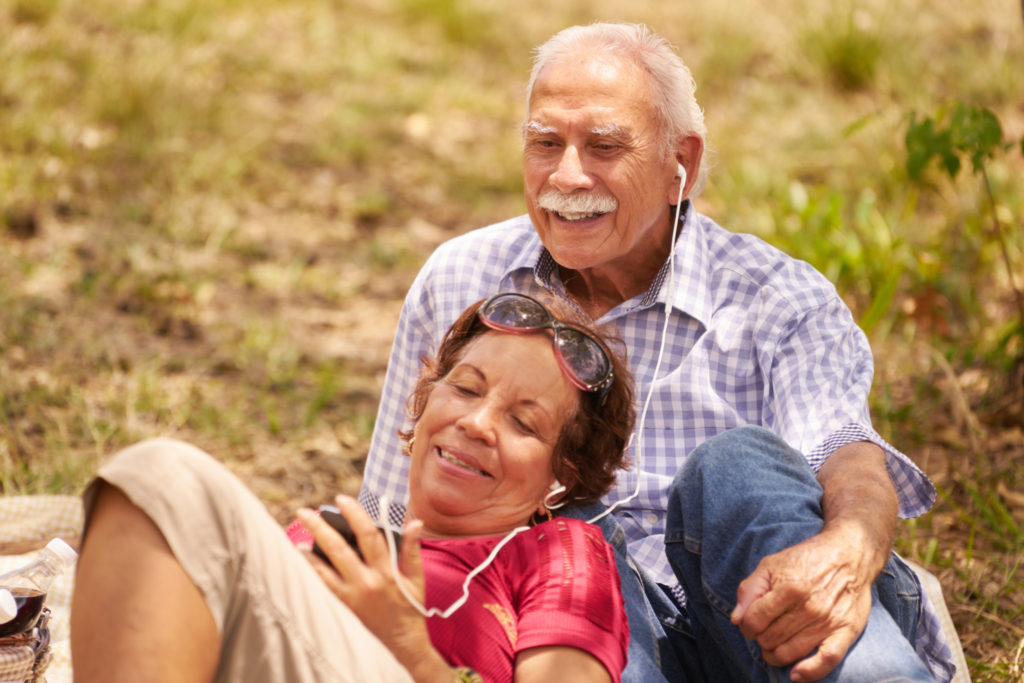Do you have a sense that you and your partner are drifting apart? It may be that your relation-SHIP has run out of fuel and is now adrift at sea.
Many modern ships rely on fuel to propel them forward. Relationships are like ships in that they also require fuel for them to work. The fuel for your relationship comes from the positive interactions between you and your partner.
Turning towards your partner
You can add positivity to your relationship by turning towards your partner. Turning towards your partner can be thought of as doing things like telling your partner you appreciate them, scratching their back, or cooking dinner for them. They are small things that will help to fill up the fuel tank of your relationship.
It is also essential to turn towards your partner during times of conflict. You may ask yourself how you can turn towards your partner when you are mad at them. It may feel challenging at first, but it is doable.
During a conflict, you can turn towards your partner by putting your hand on their hand. This form of physical touch can really help to calm both you and your partner’s autonomic nervous systems and de-escalate the situation.
Another way to turn towards your partner is to say, “I know we are both frustrated right now with this situation, but I need you to know I love you, and I am here for you.”
By saying this, you have just made the conflict about the moment and not about your partner. It decreases the overall negativity of the situation. It shows that while you are frustrated with the situation, you are not blaming it on your partner’s character.
Dangers in turning away
Research has shown that turning away, instead of turning towards, can be potentially devastating because it increases the likelihood of future turning away. Over time this may lead to feelings of loneliness and dissatisfaction within a relationship.
No one is perfect, and one day you may accidentally or intentionally turn away. It happens. However, when it becomes a norm rather than an exception, then it becomes toxic to a relationship.
If you realized that you turned away from your partner, it is important to apologize for that. Let them know that in the future, you will work on turning towards them instead of away. You could even ask them how they would like to be turned towards. By asking ways that you can turn towards them, you are showing that you care, and by turning towards them in the ways they asked you to, you are confirming that you listened.

Love is in the small things
Try to think back to the start of an intimate relationship that you or a friend of yours had; you will probably recognize that there was a lot of turning towards each other.
At the beginning of a relationship, it just feels good to turn towards your partner. Many people know this as the honeymoon phase of the relationship. However, often as the relationship progresses, partners start turning towards each other less and less for a variety of reasons. Over time this can relate to dissatisfaction within a relationship.
It is something to be mindful of when thinking about the future that you want to have with your partner. So why not add more turning towards your relationship now? After all, it is one of the key components of a healthy relationship. Small bids towards your partner increase the overall positivity within the relationship.
Love is in the small things. One of the most distinguished intimate relationship researchers argues that the root of emotional connection lies in the mundane, everyday moments of life. Deep emotional connection is created during the small day-to-day moments that partners have together.
By turning towards your partner on a regular basis, even during times of conflict, you are adding fuel to your relation-SHIP by helping to create openness, safety, and security for both you and your partner.
About the Author
Garrett Forsyth is a transplant originally from Huntington Beach, CA. He attended the University of California, Los Angeles for his undergraduate education where he earned a Bachelor of Arts in psychology. He is interested in studying mindfulness-based therapies as well as learning techniques and skills that will help him to become a well-rounded therapist. He enjoys being outdoors, cooking, and spending quality time with friends and family. Additionally, he is an avid triathlete and has a passion for endurance sports.
The Center for Family and Couple Therapy (CFCT) is a part of the Marriage and Family Therapy Program in CSU’s Department of Human Development and Family Studies. As a commitment to campus partners, the CFCT welcomes the opportunity to support you and your family in increasing mindfulness and effective self-care in your lives. Please call 970-491-5991 or visit our website for more information.
References
Driver, J. L. (2006). Observations of newlywed* interactions in conflict and in everyday life. University of Washington.
Gottman, J. M. (2008). Gottman method couple therapy. Clinical handbook of couple therapy, 4(8), 138-164.
Meunier, V., & Baker, W. (2012). Positive couple relationships: The evidence for long-lasting relationship satisfaction and happiness. In Positive relationships (pp. 73-89). Springer, Dordrecht.
